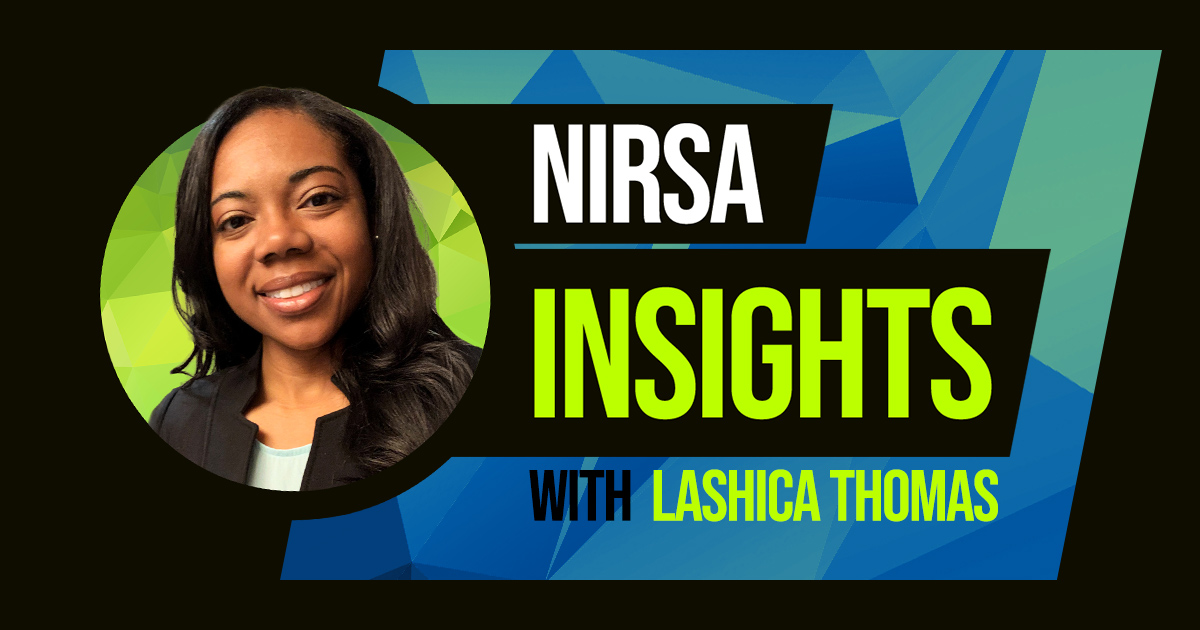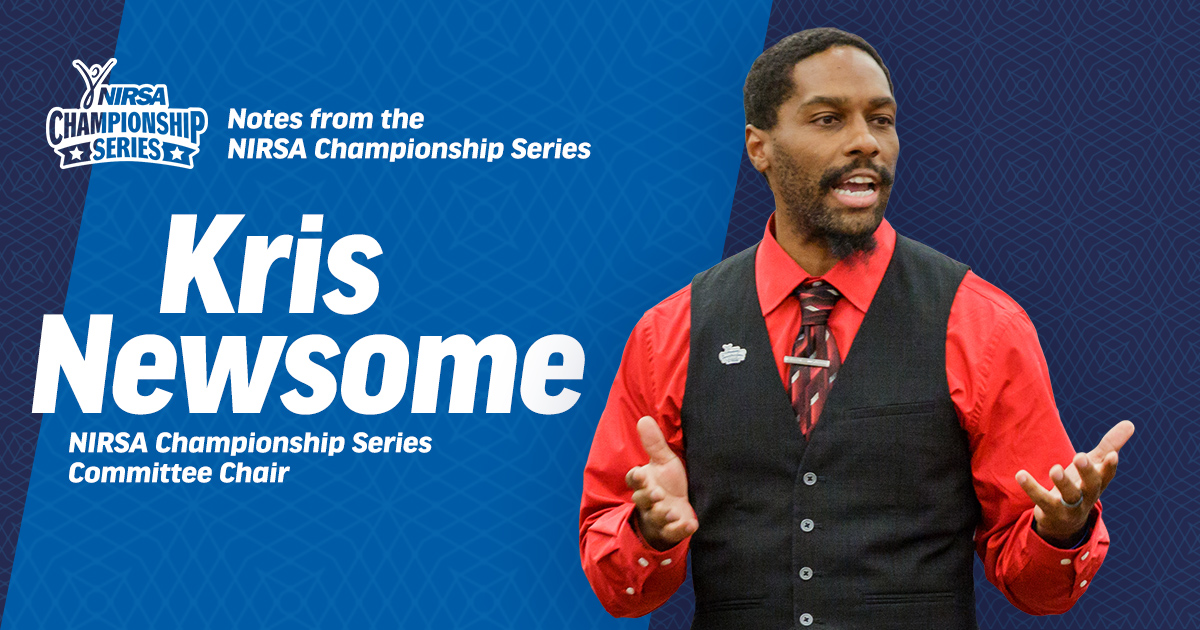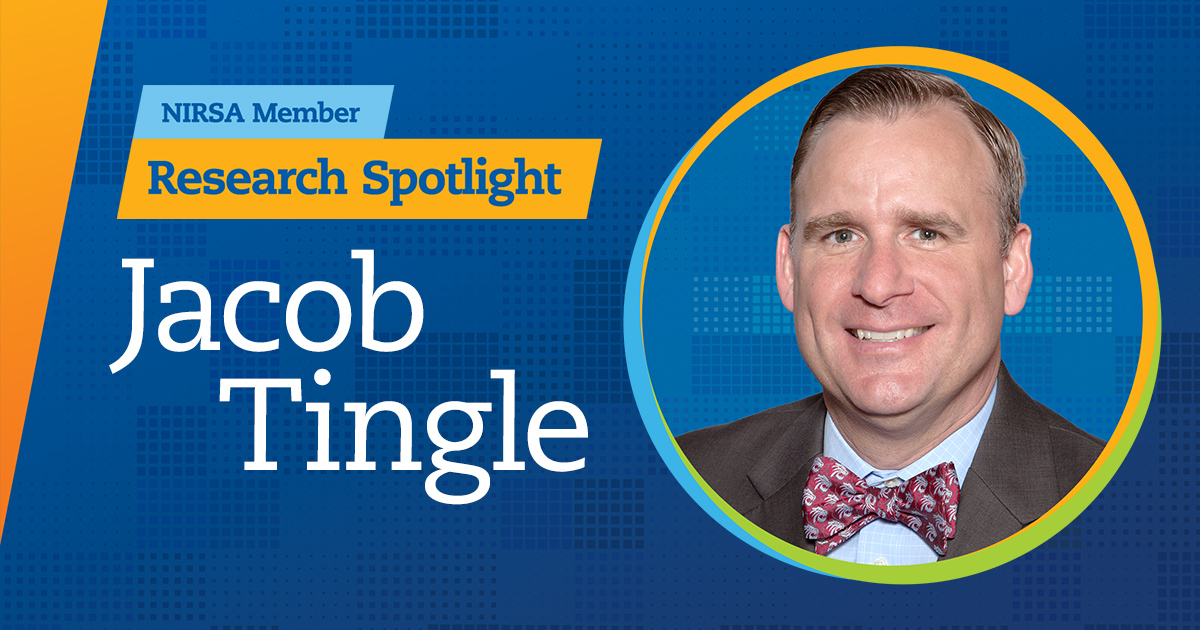I have spent much of my time lately reflecting on the year we’ve had and the present moment we’re in. I have viewed these monthly notes to you all as letters—time capsules to tell the future, “This is where we are.” We have gone on an intense journey together. There were times when we dug into our emotions and redefined our boundaries—or discovered where they were for the first time. There were times to get out of our heads—to be playful and discover the beauty in all the destruction.
Where are we now? We have been holding oxygen masks to our mouths most of this year as we focused on survival. These last few months, seeing the gradual turn in the perilous seas we entered, I couldn’t help but smile. I would hope you allow yourself that bit of happiness as well. The severity of where we have been is not to be taken lightly, but where we are going should be enough to allow us a breath, allow us to walk in joy. Each new academic year poses chances for change and that means more uncertainty. Think of where we have been. We’re uncertainty wizards resilient and truly magical.
Where do we go? The cracks in our current institutions became more prominent under the weight of the world. Physical, social, and economic inequalities continue to widen every year. This is a symptom of growth without evolution. We can plaster the pieces back together the way we know them. We can walk away or we can tear it all down and help build back better. Your choice is your own.
Walking away is not the easiest decision. We’re invested in what we’ve helped build. Discriminatory or exclusionary places, practices, and mentalities may have existed before we arrived, but since they still exist today, we’re a part of that structural inequality. Walking away means cutting your losses, deciding that the effort of activism is too great and the change too exhausting. I no longer get angry with the people who choose to walk away. The processes of change are not easy, and if you do not have the buy in from your soul the journey is only longer and harder. Walking away now doesn’t mean you can’t come back. Keep that in mind for your friends, families, and colleagues who are not willing to pick up the fight here.
Plastering back the same broken pieces is safer, but ask yourself how permanent is that fix? Doing what we know is always easier, but as the world turns what we know is less and less sufficient to keep us afloat. “The way things have always been” is a route that may serve a few. It may fit the traditional idea of what is right and good. As the years go by and frictions increase, we see how many groups are not included, protected, or celebrated by what we have known to be “right and good.” If someone is choosing to passively ride the wave into change rather than be an active swimmer, all I can say is we are all going in the same direction. The world being built will be more open and empathetic and will look very different than what we see today.
Tearing something down is scary—especially when it’s all we’ve know. We are left with rubble, uncertainty, and a dream. “Radical” is a word that may scare people, but the root of the word is just that: to get to the root of something and make fundamental change. The collegiate recreation field has done great things, but if we ignore the continuous work that needs to be done, we risk falling behind further. Our field operates in a society that is touched by all kinds of institutions that morph, dilute, and erase our missions and values. Questioning these institutions—resisting the status quo—is how we enact, elevate, and expand our missions and values.
Education is a gift but what we’re learning, who writes our history, how this information is accessed and by whom all tell unique stories about the biases intertwined in them. Learning about how we got here and better understanding what “here” actually looks like for people who do not look like us is a critical first step. Maria Lugones was an Argentine philosopher and feminist activist who we lost this year. She creates a metaphor for one’s social location—their self-perception and the way they are perceived as a “World.” When we try on a different identity or explore a different part of ourselves, we are “World-traveling.” This internal world traveling has an external application too. There are parts of us and parts of our stories that relate to every other human experience in the world no matter how vastly different. Allowing ourselves to enter someone else’s experience—listening and reflecting—is the greatest way to grow love. It becomes a lot harder to discredit, hate, or hurt someone when you have traveled to their world.
This year I have gotten to know many of you personally and though many of you did not intend to become a part of my activism you have become a part of my story and the two are linked. As I round out my time in this position, I extend my thanks. Thank you for opening your story book to me. Thank you for allowing me to travel to your world.
To my team
Ross Clausi, Mave McKinney, Emily Murphy, Karen David, Garyson Graham, Katherynne Nail, Adam McClanahan, it has not been an easy year. When I have been about to break you, everyone’s been there to make sure we stayed on course. We have shared exhaustion, disappointment, and uncertainty but also joy, success, and growth. You each made virtual regional conferences and Student Lead Ons possibilities for so many students to engage in. We pioneered a virtual regional conference, career development week, and trailblazed the way for the 2021-2022 Student Leadership Team to take the organization to new heights.
Sarah Leskovec and Tom Kirch, you have given me so many tools to help make this year a success. In the moments I was most lost your support guided me and landed me on my feet. The accomplishments of this year would not have been possible without your help. Thank you for always believing in us and being the mentors that we needed most.
To my mentors
From the longest teary-eyed phone calls to the quickest Zoom chat messages, you all have been integral parts in my journey. I know I am steering my own ship, but you all have helped to point out the rocks and the horizons. As I embark on my next adventure, I will continue to call on you for guidance knowing I am never alone in my path. The challenges I face will likely be ones you have conquered or continue to confront. Thank you for reminding me of my value.
To my peers
The students of NIRSA. You all have been the light of this year. Seeing your faces, listening to your stories, and watching the ways you have risen to every occasion fill me with pride, hope, and joy. I’m so grateful I got to know you. Even if we have not had the chance to be acquainted, we will navigate this world together. We may move professions, but we share bonds with each year, movement, and change.
Thank you to everyone this year who has allowed me to travel to their world and traveled to mine. May we continue this grand exploration into the next stage of life.
Tanika Santos MacSwain, is currently the Fitness Coordinator at Virginia Commonwealth University; you can email her at santosmacst@vcu.edu.






